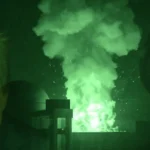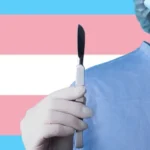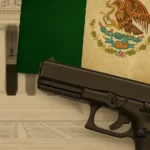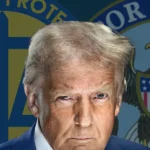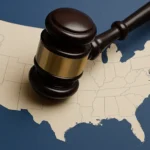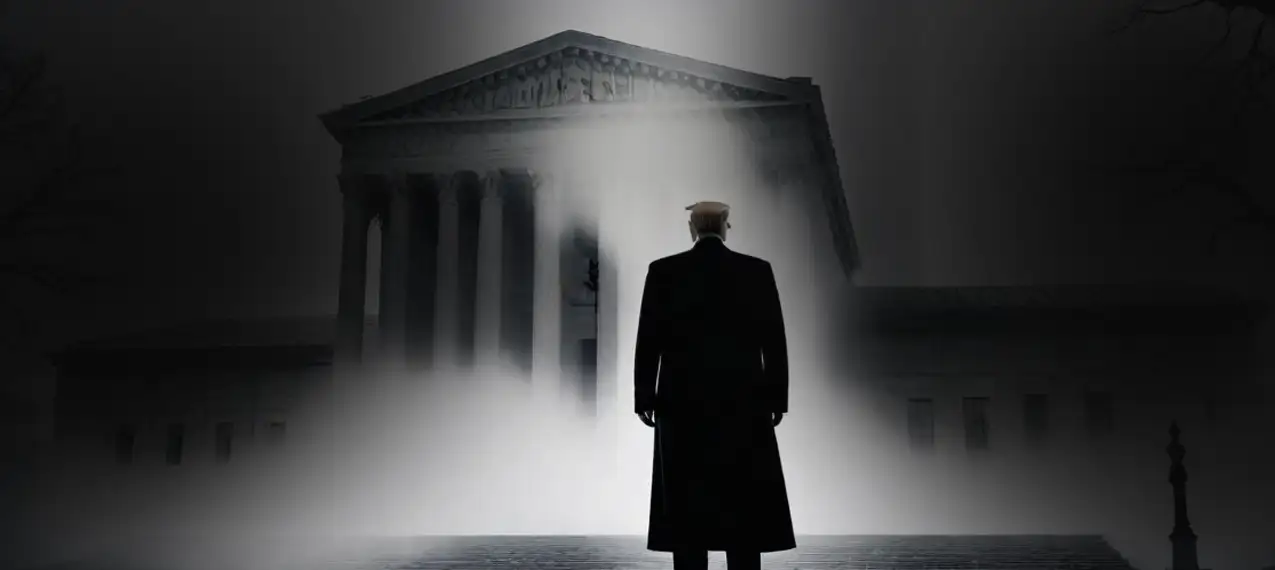
On April 25, 2024, the Supreme Court heard oral arguments in its final case of the term, Trump v. United States. The Court will decide whether former presidents have immunity for official actions taken while in office. Donald Trump, indicted by Special Counsel Jack Smith for challenging the results of the 2020 election, claimed he enjoys immunity from prosecution as these actions were taken in his official capacity as President. The D.C. Circuit Court disagreed, ruling that a former president does not have immunity, and Trump appealed to the Supreme Court.
During oral arguments, counsel for Trump noted that upholding the Circuit Court’s ruling would disincentivize Presidents from taking swift, decisive action and making tough decisions because of the fear of prosecution when they leave office. The justices were particularly interested in understanding how the parties distinguished between official and private actions, and what the logical extremes of that distinction were. Justice Sotomayor, for example, asked whether an attempted coup d’etat could be considered an official act by the President, and the Chief Justice wanted to know whether a presidential appointment in exchange for a bribe could be considered the same. Notably, both parties agreed some of President Trump’s actions may have been private.
Counsel for the government explained there is no immunity for former presidents, though the “core” functions of the presidency, such as veto power or being commander-in-chief of the military, can never be criminalized by Congress. Justice Gorsuch focused on the president’s motive when deciding whether immunity is applicable. The government attempted to distinguish the actions of the president while seeking office versus while holding office. They argued the president’s motivations while carrying out official actions should be subject to scrutiny under this framework. The government contends former President Trump’s was acting as a candidate, not as president in the actions leading to his criminal indictment. Justice Gorsuch responded doubtfully, noting that every action taken by a first term president is informed by his motivation to seek reelection. Justice Alito also had concerns for the government counsel to address, particularly surrounding overzealous prosecutors. Grand jurors, he said, would indict a ham sandwich if a prosecutor asked them to.
If the Court rules in favor of the government, the indictment will proceed, and President Trump will be tried in the federal district court in Washington D.C. However, if the Court overturns the circuit court’s decision, the lower courts will have to consider which actions in the indictment are official, and therefore exempt from prosecution.
Landmark will provide updates on the case as they become available.
SUPPORT LANDMARK LEGAL FOUNDATION
We are truly facing existential threats to our individual rights and liberties, the Constitution, and our national character. If unchallenged, this assault on our very way of life will ruin our great nation. With your financial and moral support, Landmark is not going to let that happen without a fight. Will you join us?
JOIN OUR MAILING LIST
Never miss an update from Landmark Legal Foundation as we continue the fight to preserve America’s principles and defend the Constitution from the radical left.
Landmark will NEVER share your contact information and we will not flood your inbox.

